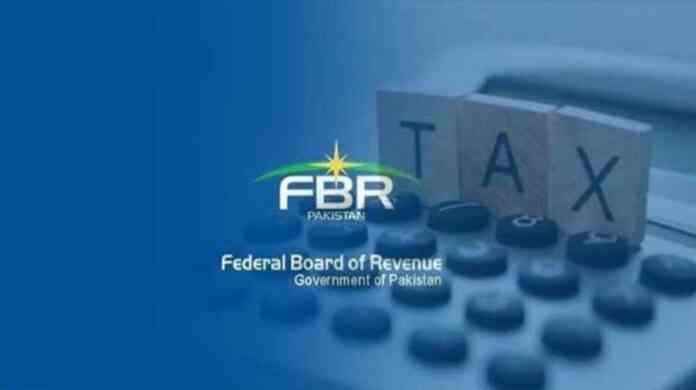Karachi, July 10, 2025 – The Federal Board of Revenue (FBR) has launched a targeted initiative to monitor and document the activities of vendors operating on online marketplace platforms, aiming to bring more e-commerce participants into the tax net.
This move is part of broader reforms introduced through the Finance Act, 2025, to strengthen digital economy taxation.
FBR officials revealed that a new Section 165C has been inserted into the Income Tax Ordinance, 2001, effective from July 1, 2025. Under this section, online marketplace operators, payment intermediaries, and courier services are now legally bound to provide detailed information about vendors registered on their platforms. The goal is to ensure greater transparency and compliance in the fast-growing digital commerce sector.
According to the new law, online marketplace platforms in Pakistan must now submit a monthly statement to FBR. This statement should include each vendor’s name, address, Sales Tax and Income Tax registration numbers, their total monthly sales, and the amount deposited into the vendor’s bank account for e-commerce transactions.
Meanwhile, payment intermediaries and courier services responsible for withholding tax under section 153(2A) must also submit quarterly withholding statements. These statements must detail each seller’s name and ID (NTN or CNIC), transaction dates and invoice numbers, total transaction values, and the tax deducted during payments.
The FBR clarified that the new regulations under Section 165C override certain provisions of Section 165 but still adhere to most procedural requirements. This includes deadlines for statement submission, revisions, reconciliation with annual returns, and the Commissioner’s power to demand further information.
This development is a significant step in tightening regulation over the rapidly expanding digital economy. It reflects the FBR’s strategy to improve tax compliance and widen the tax base by leveraging digital platforms that facilitate large volumes of untaxed transactions.
By holding marketplace operators and service providers accountable, the FBR hopes to ensure that all vendors operating online are brought under the formal economy. This shift is expected to not only increase revenue collection but also create a fairer competitive environment between conventional businesses and e-commerce players. The FBR’s emphasis on capturing vendor data from every marketplace underscores its resolve to modernize tax enforcement in the digital age.
